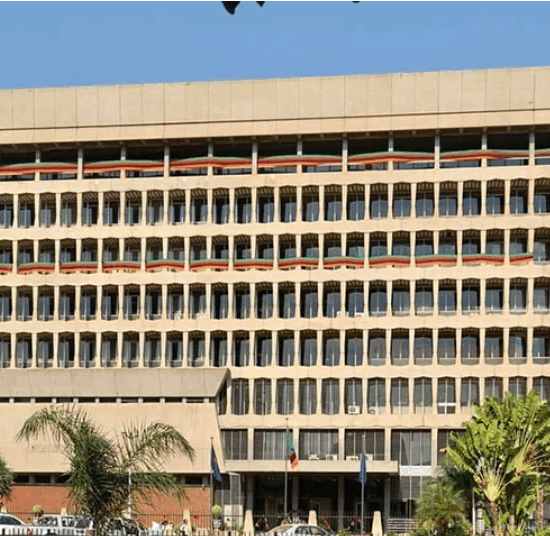
The Information Communication Technology – ICT and Telecommunication sectors have recorded increased business opportunities while the hotel and travel industry has been the worst hit by the COVID pandemic, the Zambia Chamber of Commerce and Industry – ZACCI has revealed.
The COVID-19 pandemic has tested the resilience of the Zambian economy and is exacerbating the development challenges confronting it. More than 70 percent of Zambian firms are still experiencing depressed demand for their goods or services compared to the situation before the pandemic.
Zambia Chamber of Commerce and Industry (ZACCI) has confirmed that about 5% of all businesses in Zambia has permanently closed and 2.3% closed temporarily closed since the onset of the Covid-19 pandemic.
ZACCI president Chabuka Kawesha said in an interview the Zambian Business Times-ZBT that loss of customers is the most significant challenge rated by 77.3% of the businesses. “Other reported challenges include supply chain cuts at 37.7%, high commodity prices/material prices reported at 36.0 % and problems with late payments at 32.3%, among others. These challenges largely affect operating revenue for enterprises.
“On the input supply side, the largest firms have been far more able to source input materials than have small and medium enterprises,” Dr. Kawesha said. He said the ZACCI business confidence index for first quarter of 2021 was recorded at 48 points, an improvement from the 38 recorded in the fourth quarter of 2020.
Dr Kawesha said the 48 points implies that the business executives still expressed negative sentiments about the business environment, but the confidence levels were an improvement from the previous quarter.
He said the main reasons that led to negative sentiments in the business environment were COVID-19, depreciation of the kwacha, changing cost of doing business, lower demand for goods and higher import prices.
“The ZACCI survey reveals that the performance of business has worsened in the first quarter (Q1) of 2021 compared to Q4 of 2020 due to the aforementioned reasons.
“Further, the survey reveals that most businesses maintained their staff in Q1 2020 whilst some staff worked from home. Furthermore, businesses experienced reduced demand for their products in the same period. Additionally, the survey reveals that the general cost of doing business increased in Q1 of 2021,” he said.
Dr Kawesha said the tourism sector was hit hard particularly during this period while the Information and Communication Technology sector (ICT) fared well given the circumstances.
He observed that by August 2020, Zambia had not received any international tourists since March and during the first half of 2020, international passenger arrivals declined by more than half a million due to suspensions in international travel.
Dr. Kawesha said this decline was compounded by a drop in occupancy rates in hotels and restrictions on large gatherings.
He said in the ICT sector, areas that have seen an uptick include e-learning, online education, and e-governance as shoppers begin to self-isolate and avoid crowded areas, the clear winner is the e-commerce sector, with digital payment taking over a lot faster than the physical payment options.
“Nevertheless, the majority of enterprises are committed to continue operations by adhering to the new normal requirements to do businesses alongside Covid-19 threats.
“Enterprises have further resolved to adopt new development strategies by embracing and exploring new business models, accelerating technological, product and services innovation, and strengthening global reach of supply chain and expansion of overseas market,” Dr. Kawesha said.
He said to cushion the effects of the pandemic, the Government must balance health, monetary and fiscal policy with a top priority being the containment of the virus.
Dr Kawesha said the roll out of a vaccination programme would be key to achieving this goal; sectors such as tourism will struggle to recover otherwise.
However, both monetary and fiscal policy need to adjust adding that on the monetary policy side, the exchange rate and inflation rate need to be stabilized while a cogent debt management strategy must be operationalized on the fiscal side.
“The Government is aware of the destruction to productive capacities resulting from the impact of the pandemic on key drivers of sustained growth and has launched an Economic Recovery Programme (ERP) to guide policymaking in the period 2020-2023 and cushion the socio-economic impact of the pandemic.
“However, a robust monitoring and evaluation mechanism for the ERP will be important in tracking progress in cushioning the effects of COVID-19,” he said.







